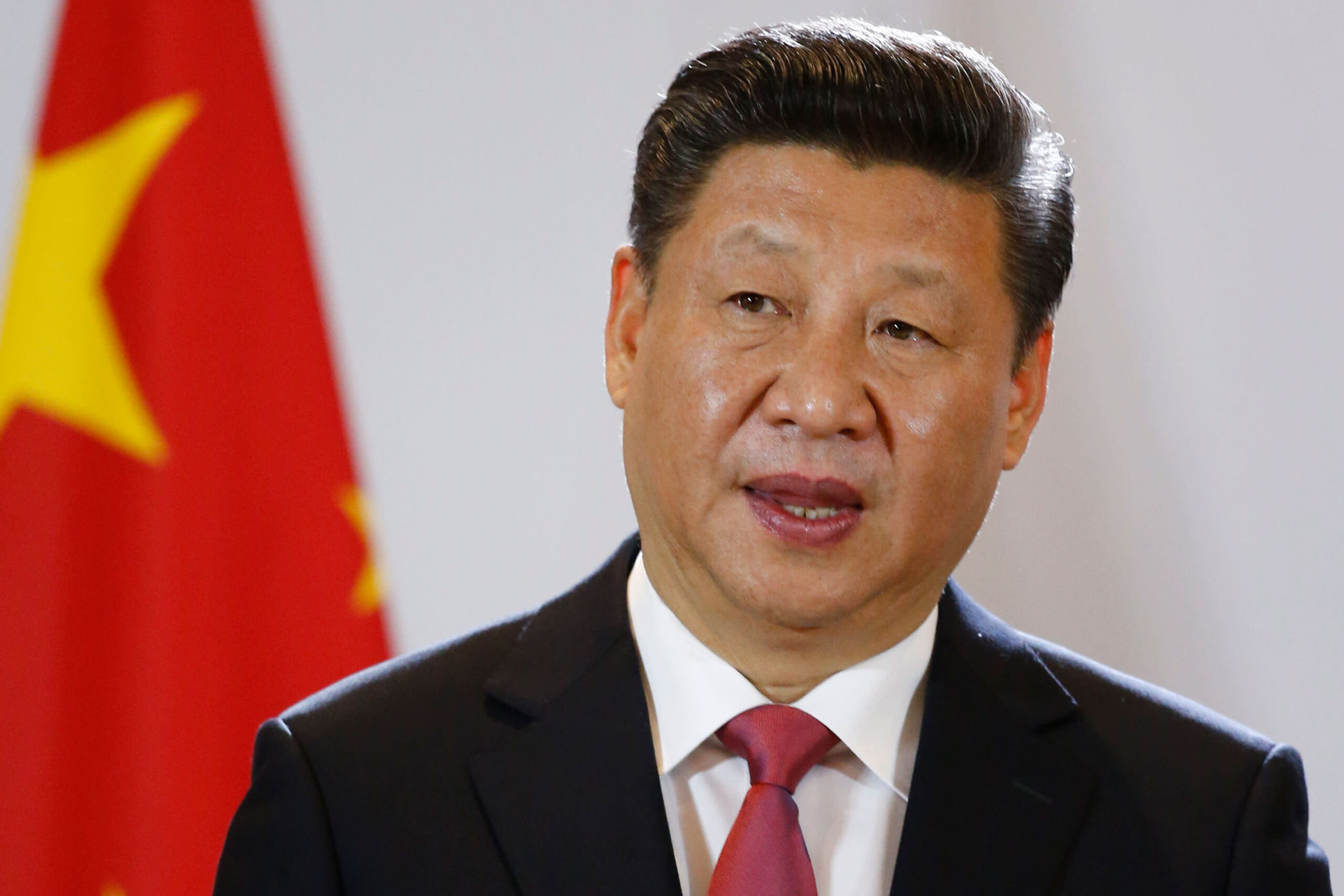The UAE has become a popular hotspot for European fintechs — but it’s not without challenges
European fintechs are flocking to the United Arab Emirates and wider Gulf region in a bid to capture untapped regional market share.
Founders of both mature and early-stage companies are being drawn in by the UAE’s zero percent income tax, ease of doing business and a young and wealthy population willing to spend, even as later-stage funding can be hard to come by and success relies on a close relationship with local regulators.
Earlier this month, UK fintech Wise secured approval from the UAE central bank to bring its remittance product to the country. Fintechs such as payments fintech Checkout.com, financial superapp Revolut and Austrian crypto exchange Bitpanda are also active there.
“Across the board, we’re seeing a huge move to the region,” says Rana Abdel Latif, a Dubai-based partner at Austrian VC SpeedInvest. The firm opened an office in the UAE last year and has invested in local fintechs such as spend management startup Pemo and payments platform Kema.
Why now?
There are four main drivers behind European fintechs pushing into the UAE.
One is access to an expatriate population which make up 90% of the 11m people in the UAE. The country is one of the top 15 richest countries in the world by GDP per capita on a purchasing power parity basis, a metric used to measure living standards, according to a Global Finance survey.
Those people are also willing to buy. The UAE’s e-commerce sector is expected to reach $13.8bn by 2029, according to a report compiled by business intelligence provider Euromonitor International and EZDubai, a specialised e-commerce hub established by the Dubai government.
Payments processor Checkout.com was one of the first European fintechs to recognise this and entered the market 10 years ago. Then, CEO Guillaume Pousaz moved to Dubai to spearhead the plans.
Moving there early allowed it to get ahead of the competition. Checkout initially secured Netflix’s business in the UAE as a client in 2019, according to people familiar with its operations. It now processes payments for the streaming giant globally.
Checkout today serves both international clients such as Adidas and Samsung as well as regional brands including UAE superapp Careem and Majid Al Futtaim, a conglomerate which owns shopping malls, retail and hotel establishments across the Middle East and North Africa.
The expatriate population makes it an attractive market for later-stage fintechs focused on remittances and currency exchange, such as Revolut and Wise.
Another reason is regulation. The UAE has made efforts in recent years to become a financial services hub and attract fintech companies. Last month, the UAE Ministry of Finance announced it had signed a global crypto tax reporting framework.
European crypto companies such as Austria’s Bitpanda have also expanded operations in the UAE. In July this year, the trading platform secured a partnership with local lender RAKBANK to offer retail customers access to cryptocurrencies.
“The UAE is a region open to innovation, backed by clear regulation and is ambitious about becoming a global financial hub,” says Bitpanda co-CEO Lukas Enzersdorfer-Konrad.
A third reason is there’s an opportunity to build out the infrastructure that powers the behaviour of a rich populace. George Davis, the cofounder of Tiger Global-backed stablecoin fintech BVNK, moved from the UK to Dubai to build his latest next business venture, Fuse, with BVNK’s former engineering VP James Smith. Launched in 2023, Fuse is a clearing platform that helps financial institutions move money across the Middle East and Asia.
“The biggest gap we saw was the Middle East,” says Davis. “There is so much monetary flow here, but so little infrastructure connecting it to the rest of the world.”
Latif says most of the VC’s portfolio companies based in the UAE are built by founders who aren’t local to the country.
“It’s a pro-business environment,” she says. “What’s genuinely unique here is that you’re able to get access to different founders and different types of business models irrespective of where they come from.”
Finally, it has favourable tax benefits. Residents of the UAE pay zero percent income tax, making it an attractive place to run a business.
Revolut CEO Nik Storonsky is a resident of the UAE, per filings for his family office, and Pousaz was previously a resident in the country’s largest city, Dubai.
Challenges in the region
There are hurdles founders expanding operations to the UAE need to be aware of. Enzersdorfer-Konrad says you can’t just copy and paste your product there and expect it to succeed.
“Users in the UAE have different expectations from those in France, just as those in France have different expectations from those in Germany,” he says. “Finding the right partners, building the right product and adapting to the market are the only ways to build local relevance.”
Davis says it’s a common misconception that founders move there solely for the tax benefits, but adds building a business in the UAE requires local contacts and face-to-face relationships with regulators.
“The general environment for fintech here is more difficult than in the UK. There is not yet a thriving fintech economy,” he says. “But that is also why it is such an opportunity. The market is young, regulation is new and there is very little deep financial infrastructure.”
Raising funding can also be harder when you’re based in the Middle East, he says, as some larger funds are nervous about making their first investment in the region. Fintechs based in the UAE raised just over half a billion dollars last year, according to Dealroom. In comparison, $4.1bn was invested in UK fintech last year.
Regulation is also fragmented across the Gulf, and could be more unified, says Latif. In Europe, a banking licence obtained in one European Union member country can typically be passported across to other member states. In the Gulf, similar infrastructure doesn’t exist.
Latif expects frameworks to become clearer over time. “Each individual regulator is still working very hard on building that regulatory framework and continually adapting it to a rapidly evolving ecosystem,” she says.
Davis says while the UAE has multiple financial regulators, the central bank is becoming more prominent, which could simplify compliance.
He says: “The consolidation of regulation into the central bank is a big step in that direction — everything is moving forward, just from an early stage.”




